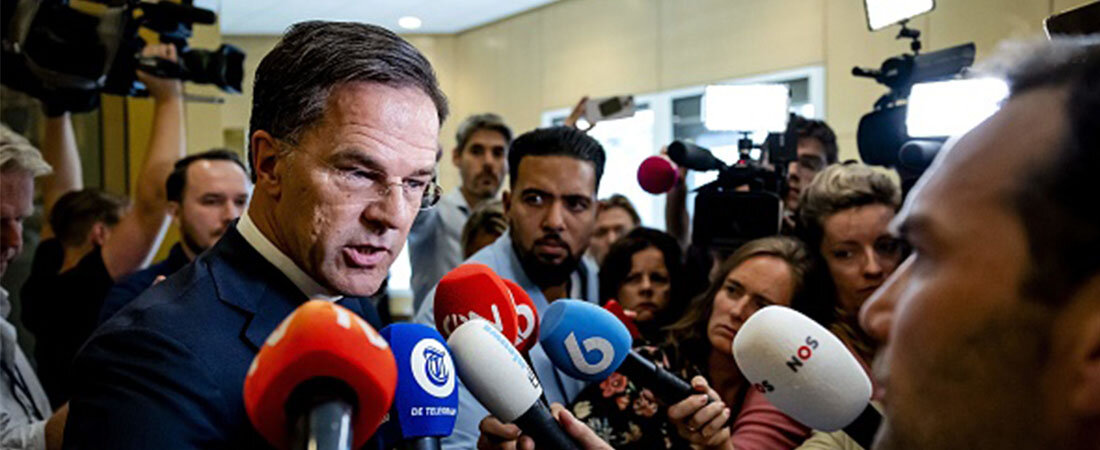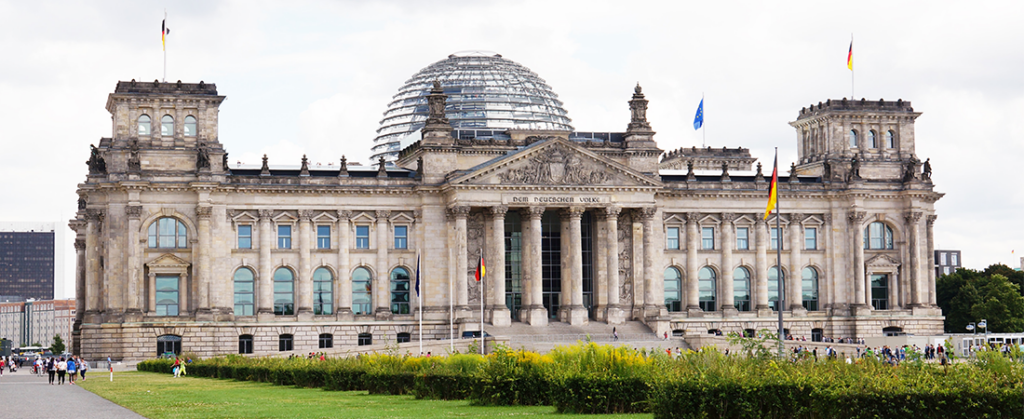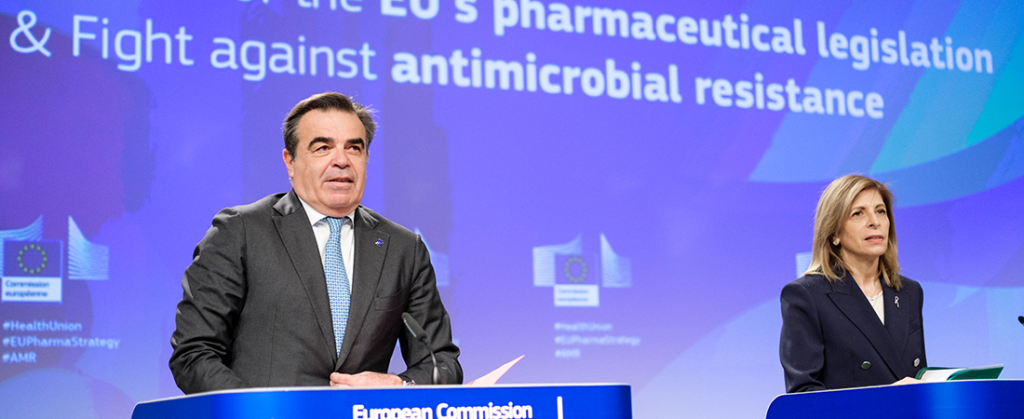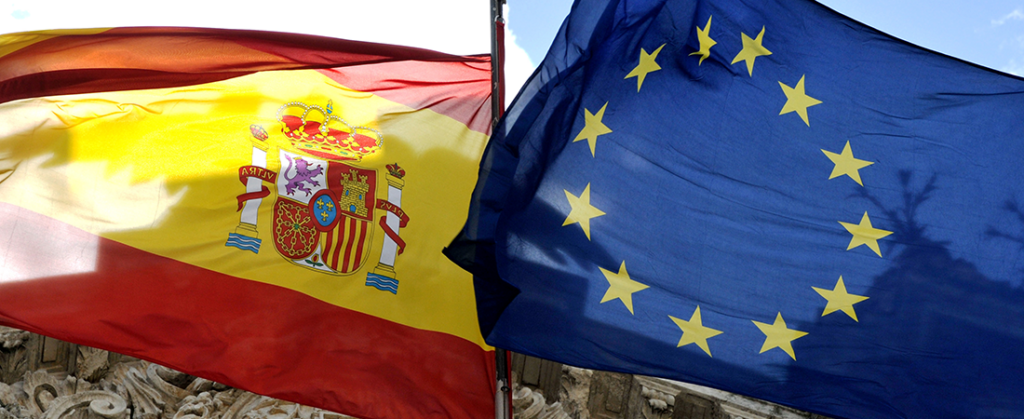On Friday 7 July, the ruling 4-party coalition of the Netherlands fell over an insurmountable difference on asylum policy. The ripple effect, which will be felt across Europe, has effectively ended the political career of one of Europe’s long-standing political leaders – Prime Minister Mark Rutte.
How did we get here?
At a party congress of the conservative liberal VVD last month, Rutte promised his fellow party members to stem the inflow of asylum seekers into the country. Seeking to pacify his party members, the Prime Minster called for limits to the family reunification rights for refugees of war. Although the conservative Christian Democrats supported him, the more progressive Christian Union and D66 were in fierce opposition, which led to the resignation of the government.
On the surface, the current coalition has been working for the past two years, but cracks have been there for some time. Rumours have circulated that Rutte wished to use his party’s migration position, which he knew the Christian Union would reject, as a way to get out of the coalition.
The need for political manoeuvres has been evident with internal pressure from within his own party over unpopular measures on combatting climate change and dealing with the nitrogen crisis. Plans to restrict the use of fertilizers and slice the country’s livestock compounded the threats to the VVD’s popular support.
For Rutte, he will soon depart frontline Dutch politics when a new Government takes office, but it remains to be seen whether his political gamble will impact his party for the next election. Rutte’s most likely successor for VVD leadership is tipped to be the current Minister of Justice and Security Dilan Yesilgöz, a woman from Kurdish descent that came to the Netherlands thanks to – remarkably – the right to family reunification.
A shifting political landscape in the Netherlands
The immediate political void and necessary soul searching is inevitable in the Netherlands after the departure of such a durable political personality in the Hague. Rutte’s Government will keep its caretaker role until a new Government is sworn in after the elections in November. During this period, the Government will abstain from making big political decisions. With the Dutch political landscape heavily fragmented, forming a new Government will not be an easy task and could take up to a year.
In terms of shifting political winds, the current polls indicate that at the next elections the Dutch political landscape will shift to the right. The two parties that may become the biggest are again the VVD and the newly formed ‘Farmers Citizens Movement’ (BBB) which is backed by big agroindustry and led by Caroline van der Plas. Born out of protest against a sharp increase of environmental legislation, the farmer party can wreak havoc on the future Dutch political landscape and the EU simultaneously.
Consequences for the EU
Mark Rutte is the longest serving EU leader after Hungarian Prime Minister Viktor Orbán making him one of the most authoritative figures in the European Council. He is widely regarded as a modest and skilful dealmaker. He also supported an economically liberal voice inside the EU, which became more absent after a painful Brexit experience for the EU.
The new Dutch Prime Minister will likely be inexperienced, putting the country in a less advantageous position on the EU stage when it comes to negotiations. On top of this, a new Prime Minister laser focussed on domestic challenges will likely have less scope to exert their influence in Brussels.
With Dutch politics potentially shifting to the right, we could see the Netherlands follow a similar pattern to developments across Europe with right wing parties winning elections in Spain, Greece and Finland. On a policy level, this will likely mean questions on the future of the Green Deal, especially when farmers’ interests are concerned, a tougher line on migration and a more nationalistic approach in general.
Time will tell what shift the Dutch people wish to at the next election, but for now Europe must begin to adapt to life without one of its longest serving leaders.





